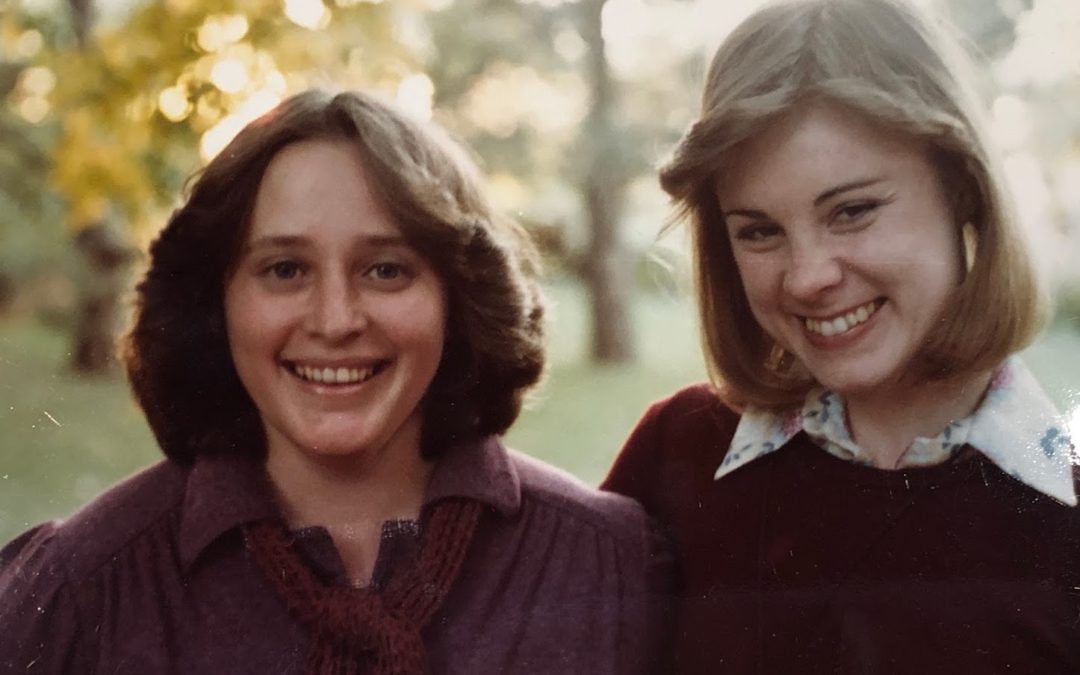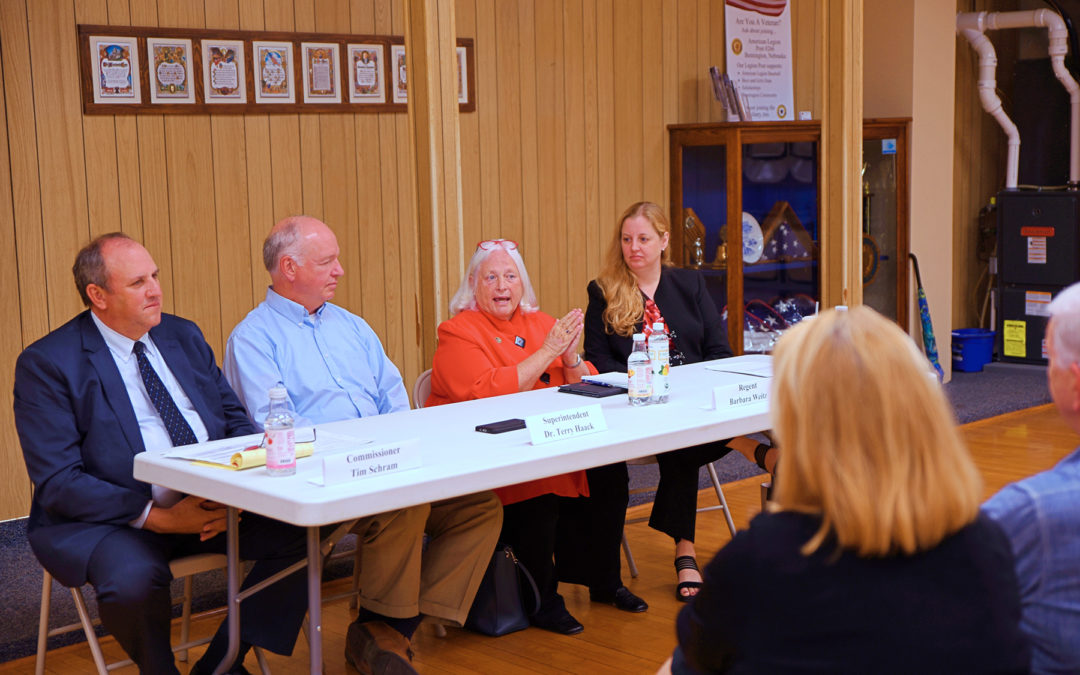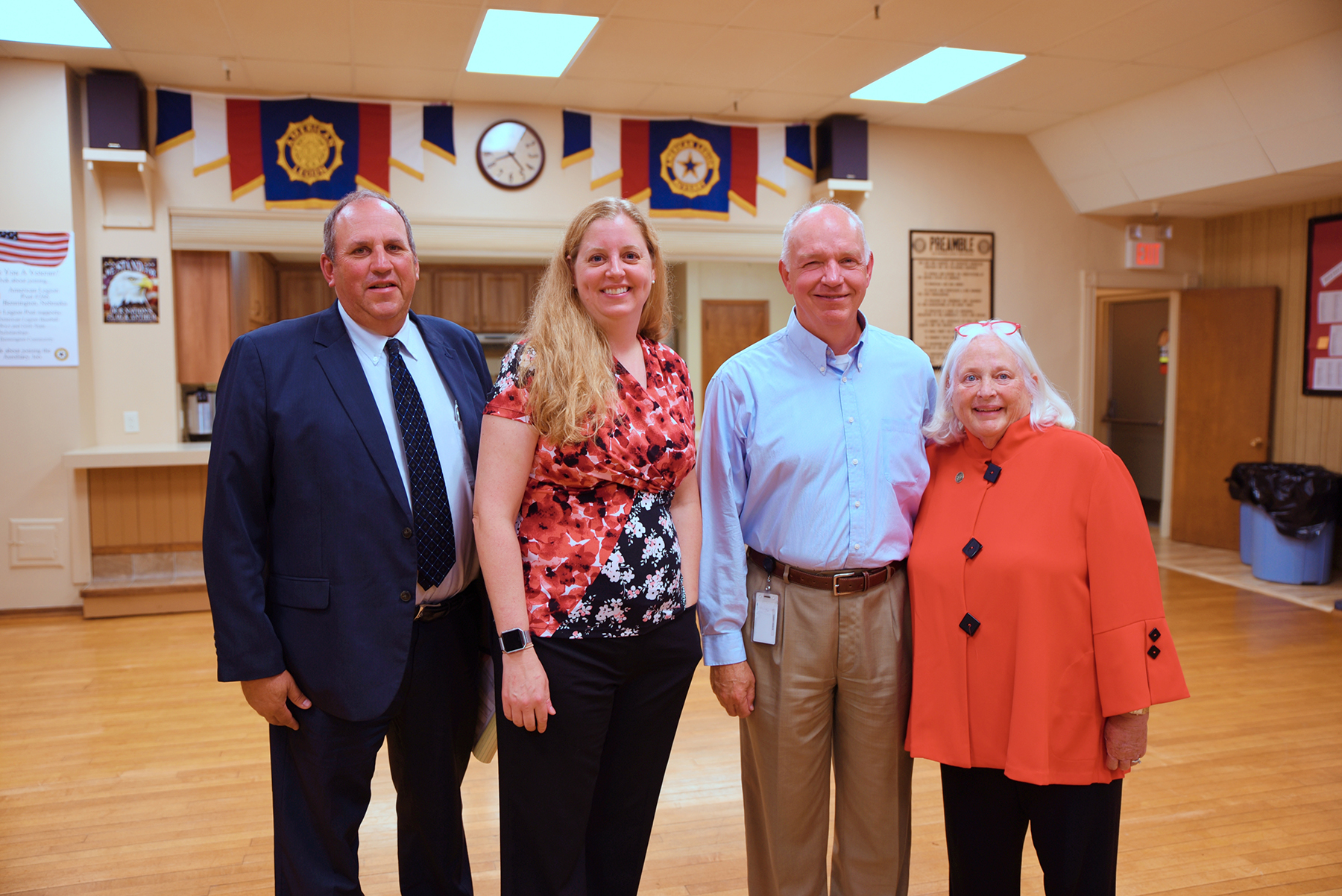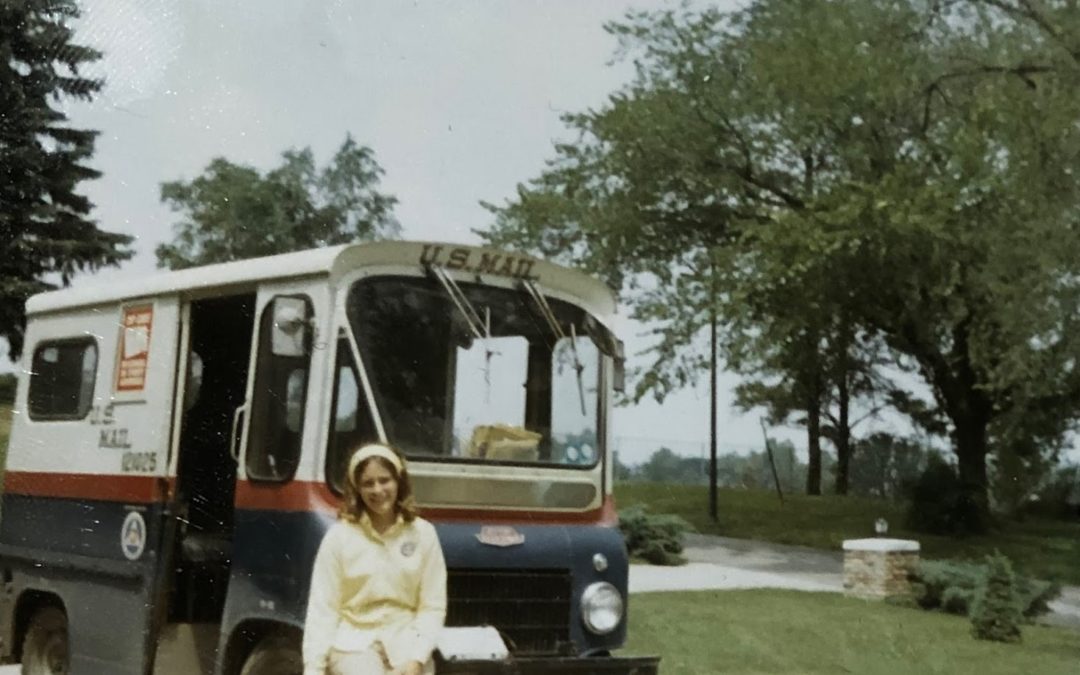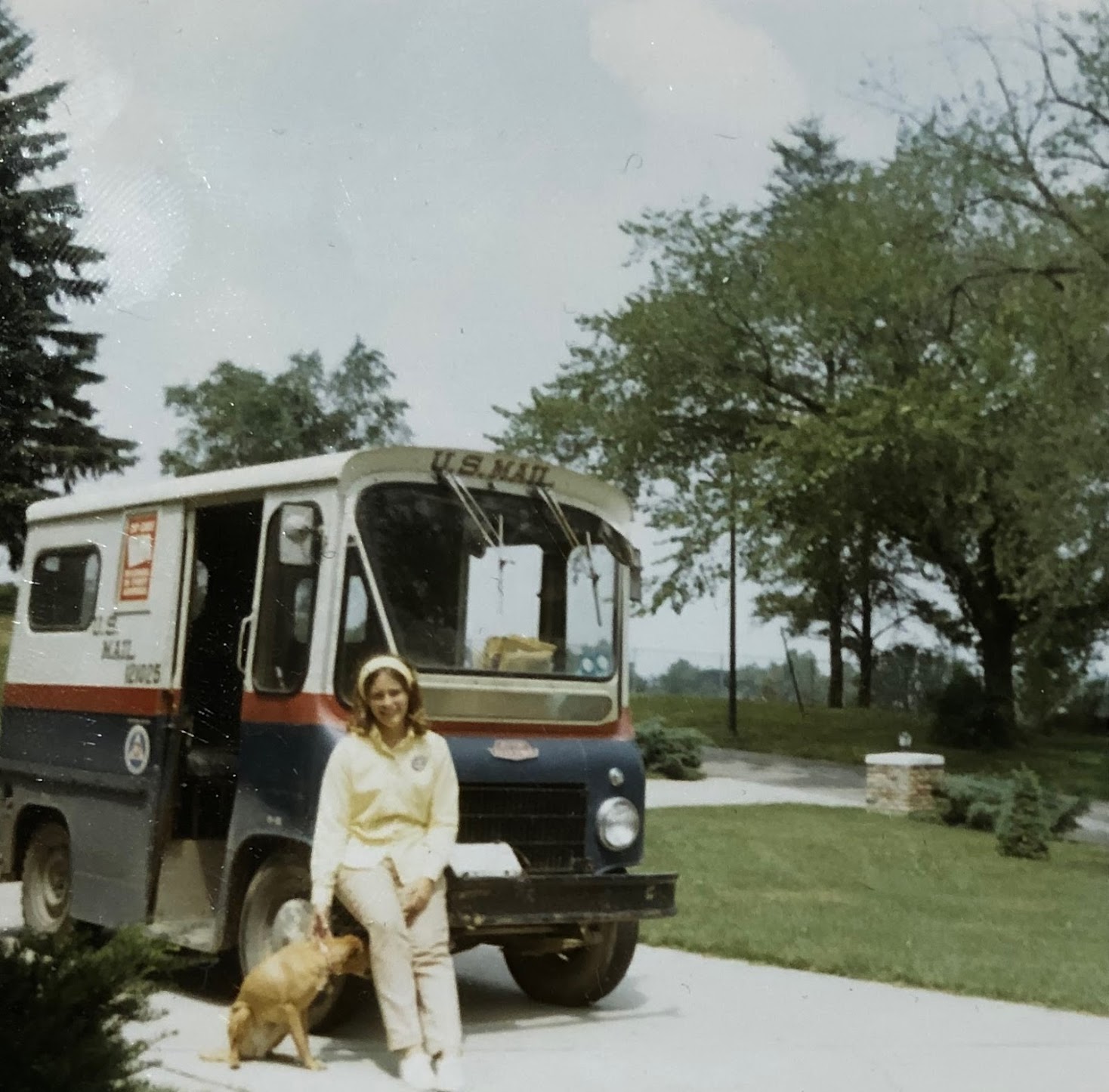
Open Door, Open Mind
Open Door, Open Mind
Weitz Up Office Hours: Round 1
Open Door, Open Mind
Weitz Up Office Hours: Round 1
Just the other day I did something for the first time – I held my office hours… virtually. Or is it digitally? In any case, as I promised in my campaign, I did my very first livestream Office Hours talk!
Communication is very important to me. As a Regent, it’s my job to represent you, to listen to you, to understand what’s important to you, and then to take that and run with it when helping to make important decisions that affect the University of Nebraska and the community at large.
That’s what these office hours are all about! This will be a monthly occurrence and I invite you to send me all of your thoughts, questions, ideas, either online beforehand or during the virtual office hours. Any questions that I don’t get to during the livestream, I’ll make sure to respond to afterward, or even at the beginning of the next office hours discussion.
On Thursday, September 19, I sat with my copywriter Kate and we talked about everything under the Nebraskan sun.
I shared an update on the Presidential search, and described the process of how we’re working hard to find the very best fit, and why confidentiality is an important part of that process. We also talked about the gift that is Susan Fritz, and how her role as interim President – as well as the first female President – is critical in shaping and smoothing this important transition.
We had some excellent questions about Nebraska’s hemp production (for which I’m seeking out detailed information to share) as well as how new students can navigate the challenges of adjusting to university life (community and time management are critical).
I gushed about my recent experience at the University of Nebraska women’s volleyball match against Stanford, and shared where to find more information about the wonderful variety of events that all Nebraskans can attend, not just university students, staff and faculty.
There are also some questions that I get quite often, such as:
“Do you get paid to do this?”
No. This is an unpaid position. I do get a couple football game tickets, though.
“How much time do you spend on Regent work?”
Well, given that Regents have roughly three hundred pages of information to read weekly to prep for a committee meeting, not to mention other research, meetings and engagements, I’m currently spending 40-60 hours a week on Regent work, typically.
“What’s in it for you?”
In a word: learning. I’m a huge believer in lifelong learning and as your Regent, I have the most incredible opportunities to meet new, diverse, and interesting people. I get to discover innovative programs. I’m fortunate enough to work toward Nebraska’s future, inviting the best, brightest, most creative ideas.
That sounds pretty good to me.
If you missed the first office hours livestream, check out the video in full here! If you caught it and had a question or were looking for resources, check back for that information, we’re working on getting it for you.
And please don’t be shy – send us your questions, your thoughts, and your ideas for who might make a great guest on the next office hours talk – we want to hear from you!
*Barbara’s thoughts as written by Kate based on weekly (fascinating) conversations.


